Iraq War: What happened to some of the West's key decision-makers
Some took up art, others went in to academia, while quite a few took highly paid consultancy jobs
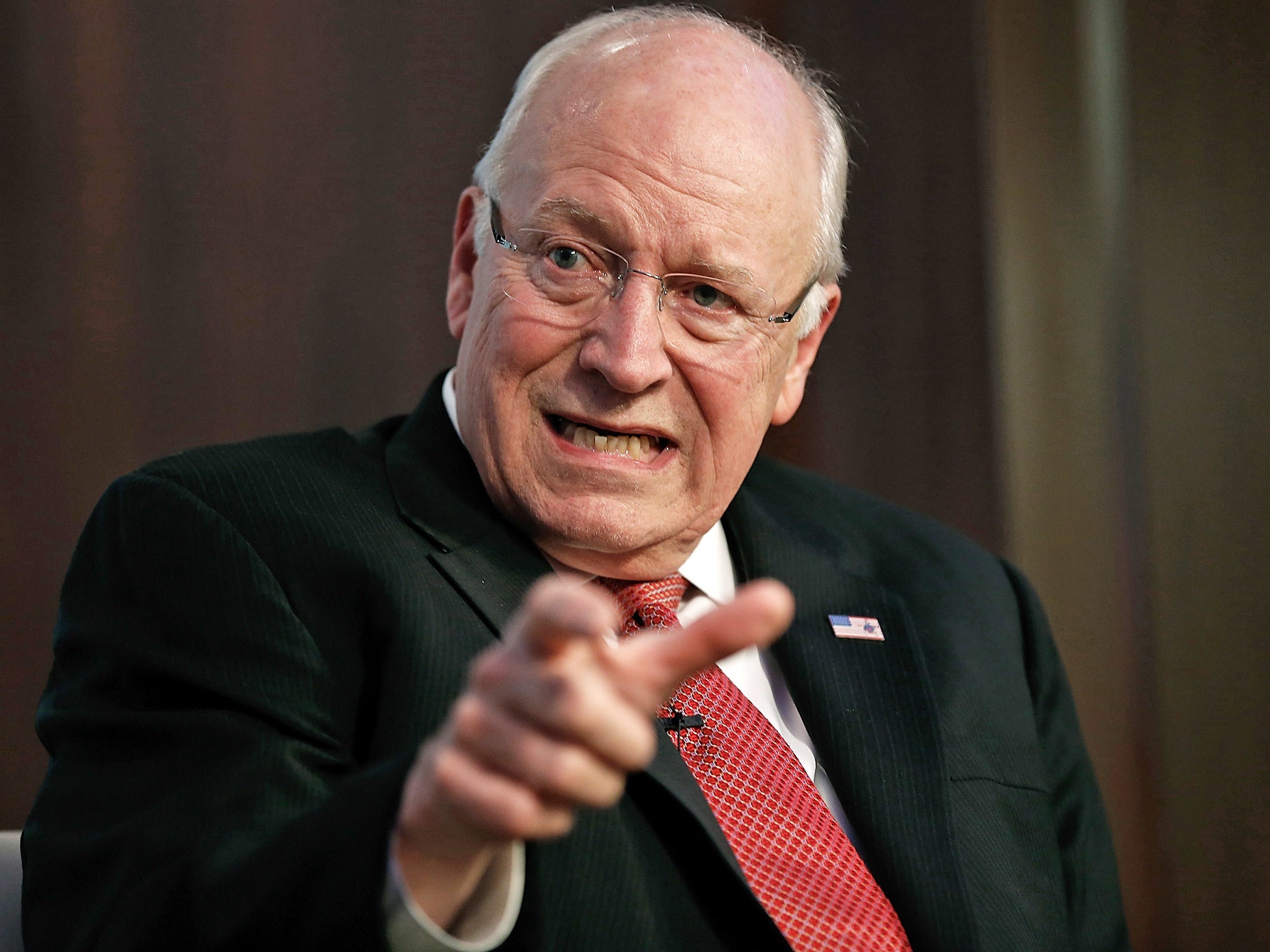
Your support helps us to tell the story
From reproductive rights to climate change to Big Tech, The Independent is on the ground when the story is developing. Whether it's investigating the financials of Elon Musk's pro-Trump PAC or producing our latest documentary, 'The A Word', which shines a light on the American women fighting for reproductive rights, we know how important it is to parse out the facts from the messaging.
At such a critical moment in US history, we need reporters on the ground. Your donation allows us to keep sending journalists to speak to both sides of the story.
The Independent is trusted by Americans across the entire political spectrum. And unlike many other quality news outlets, we choose not to lock Americans out of our reporting and analysis with paywalls. We believe quality journalism should be available to everyone, paid for by those who can afford it.
Your support makes all the difference.The Chilcot Report had a large cast of characters, people whose names were often in the news 13 years ago, not so often now. So where are they, and what have they been doing, those key players in the story of why we went to war in Iraq?
Tony Blair
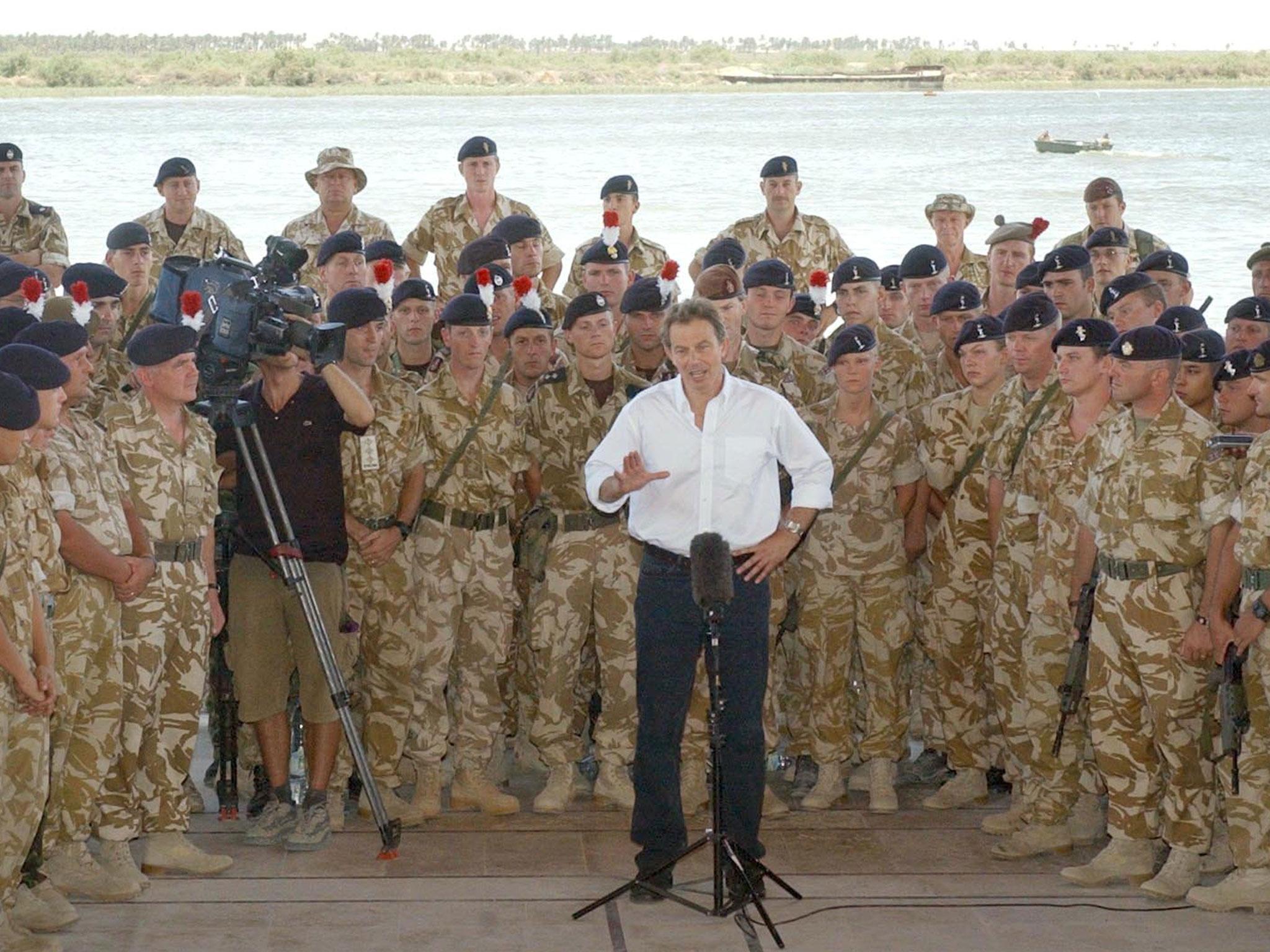
When he left Downing Street in 2007, he could have stayed in the Commons, as Sir Edward Heath did for a great many years, or he could have followed Margaret Thatcher into the House of Lords, or accepted a knighthood, like Sir John Major. He did none of these. He has refrained from any involvement in domestic British politics and has not received any formal honours – for which he might have earned respect, except for two huge shadows on his reputation.
One is his decision to go to war in Iraq, the other is his commercial activities since leaving office. It can be much profitable being an ex-politician than a serving politician. Tony Blair has made millions selling his services around the world as a speaker and consultant. The governments he has advised include those of Kazakhstan, Abu Dhabi, Albania, Colombia, Kuwait, Mongolia, Serbia and Vietnam. He also advises the investment bank, JP Morgan, and the Swiss insurer, Zurich International. The Blair family own several properties in London or nearby, which are said to be worth £25m. He also runs charities, and did not receive a salary for his role as a peace negotiator in the Middle East. In July 2014, he claimed that he spent two thirds of his time on unpaid work, and that his wealth was less than £20m. There are doubts about whether he is really that hard up.
Jack Straw
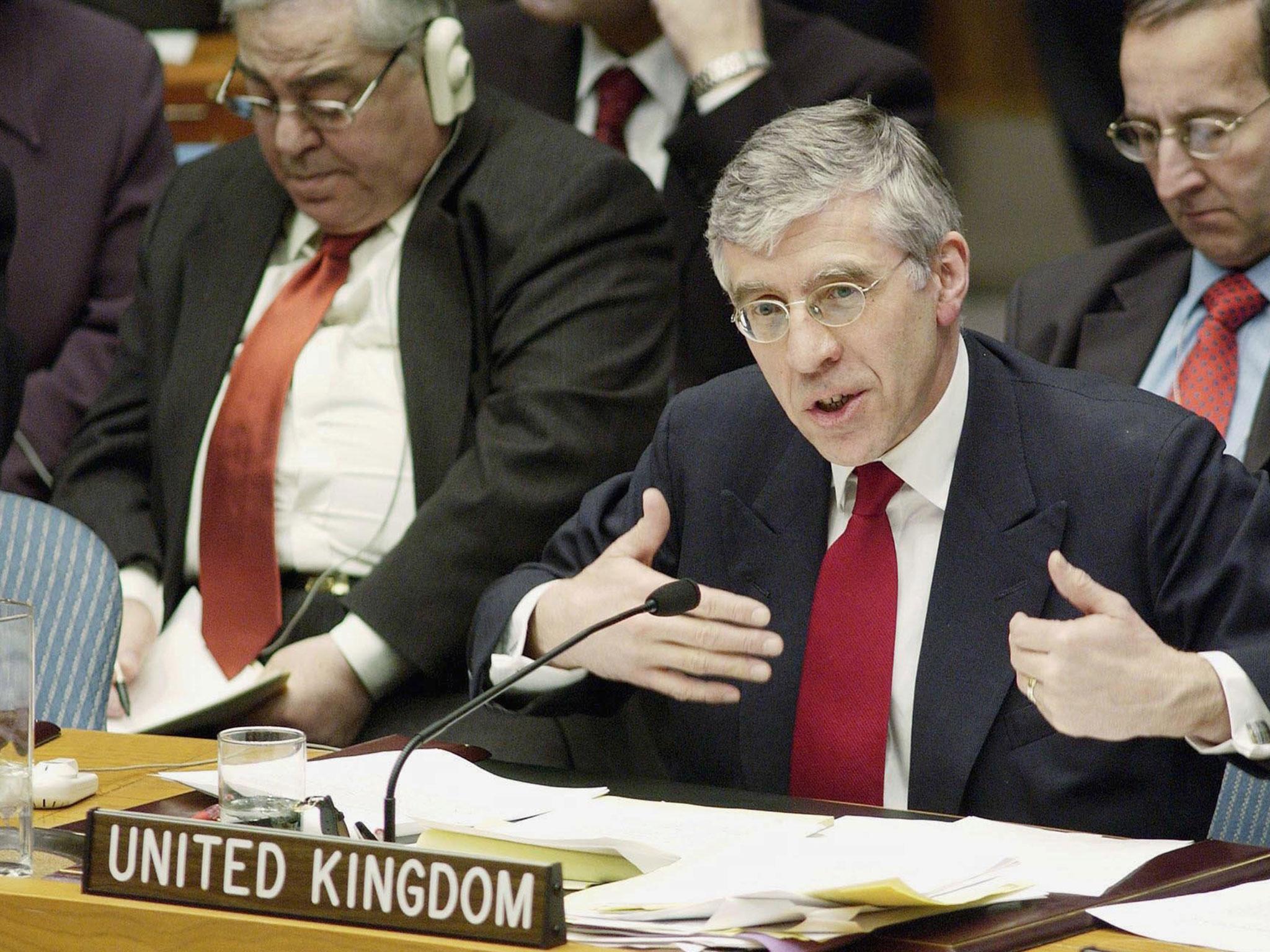
As one of only three men in the Cabinet for the entire 13 years of Labour government, and a former holder of two of the great offices of state, Jack Straw had an almost automatic right to a peerage when he left the Commons in May 2015, and was expecting to receive one. Unfortunately for him, he was secretly filmed in February 2015 apparently offering his services for cash. Though he was cleared of misconduct, Jeremy Corbyn has not recommended him for a peerage or knighthood. He has worked as a well-paid consultant to a commodities firm ED&f Man and is a visiting professor at University College, London. In July 2015 he was appointed to the commission reviewing Freedom of Information law.
Geoff Hoon
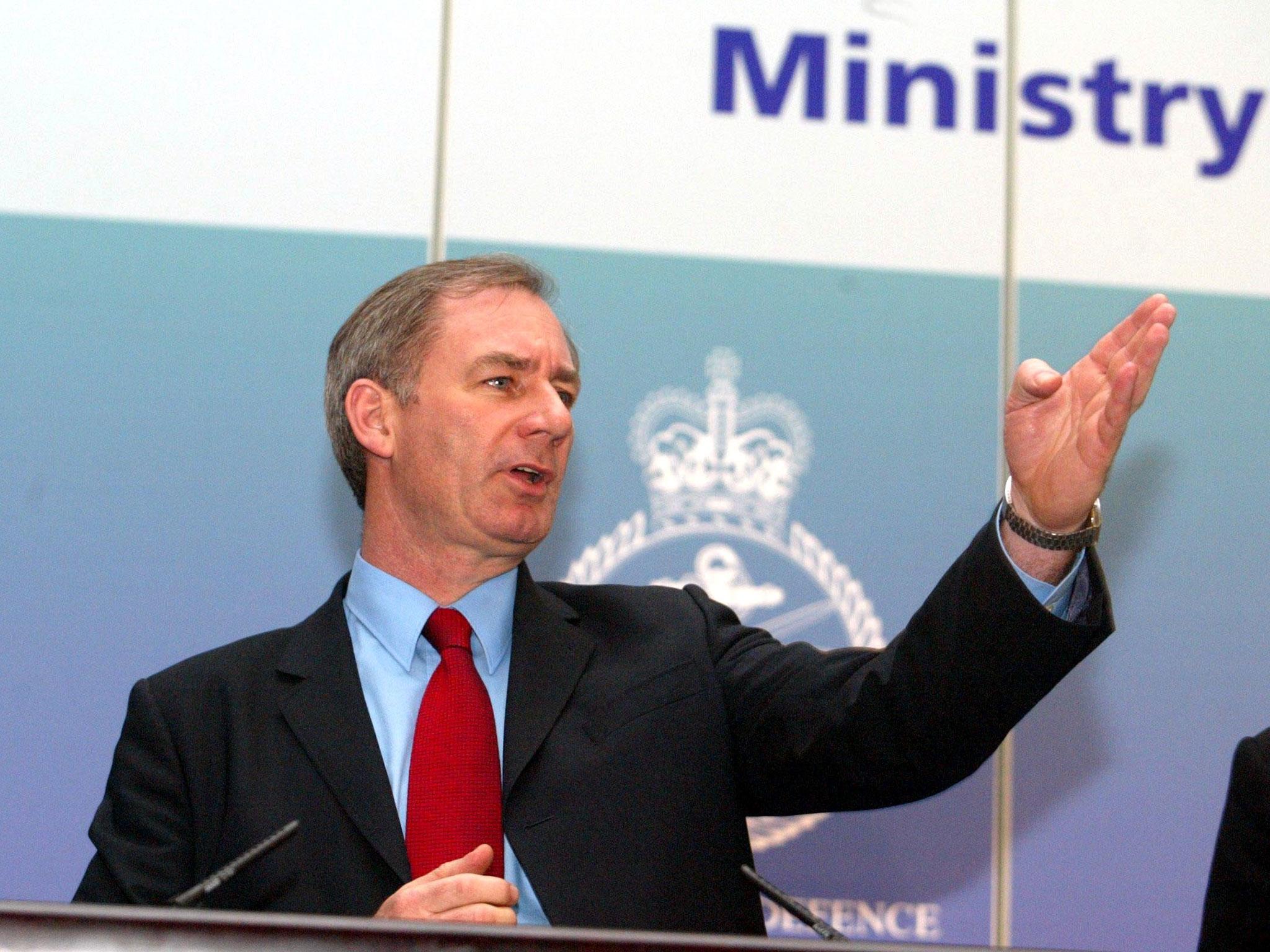
The former Defence Secretary had a spectacular fall after being caught in a newspaper sting just before he was due to quit the Commons at the 2010 election, offering services for money. He was banned from Parliament for five years. His appeal to the European Court of Human Rights was rejected. However, in May 2011, he secured a highly paid job with the helicopter firm AugustaWestland, which won a big defence contract when Mr Hoon was Defence Secretary..
Alastair Campbell
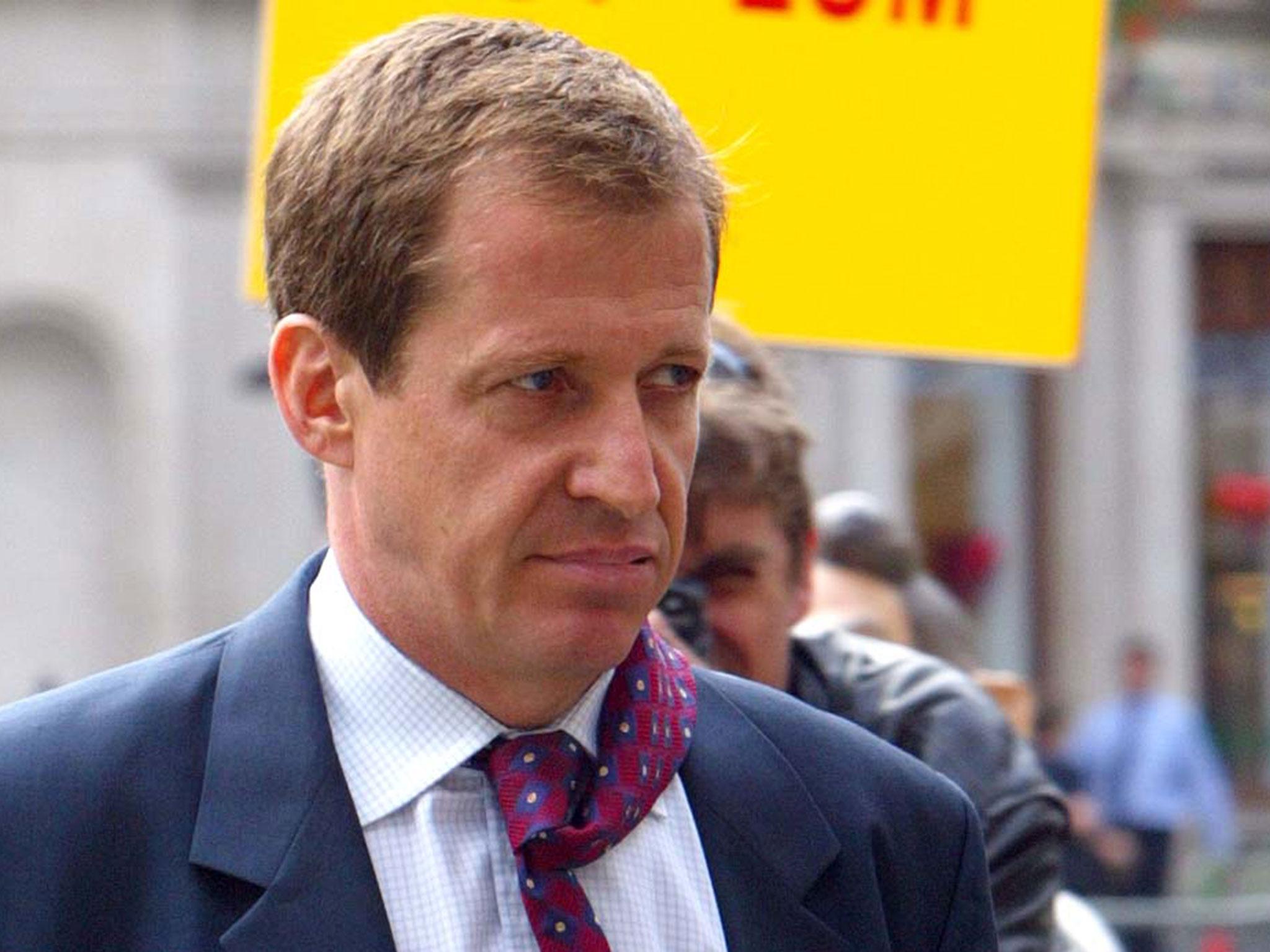
Tony Blair’s former spin doctor drew much of the flak over the inaccurate claim that Iraq had weapons of mass destruction, but Sir John Chilcot judged that the accusation that Mr Campbell had tampered with intelligence reports was not true. Since he left Downing Street in 2003, Mr Campbell has prospered as a freelance writer and speaker.
Sir John Scarlett
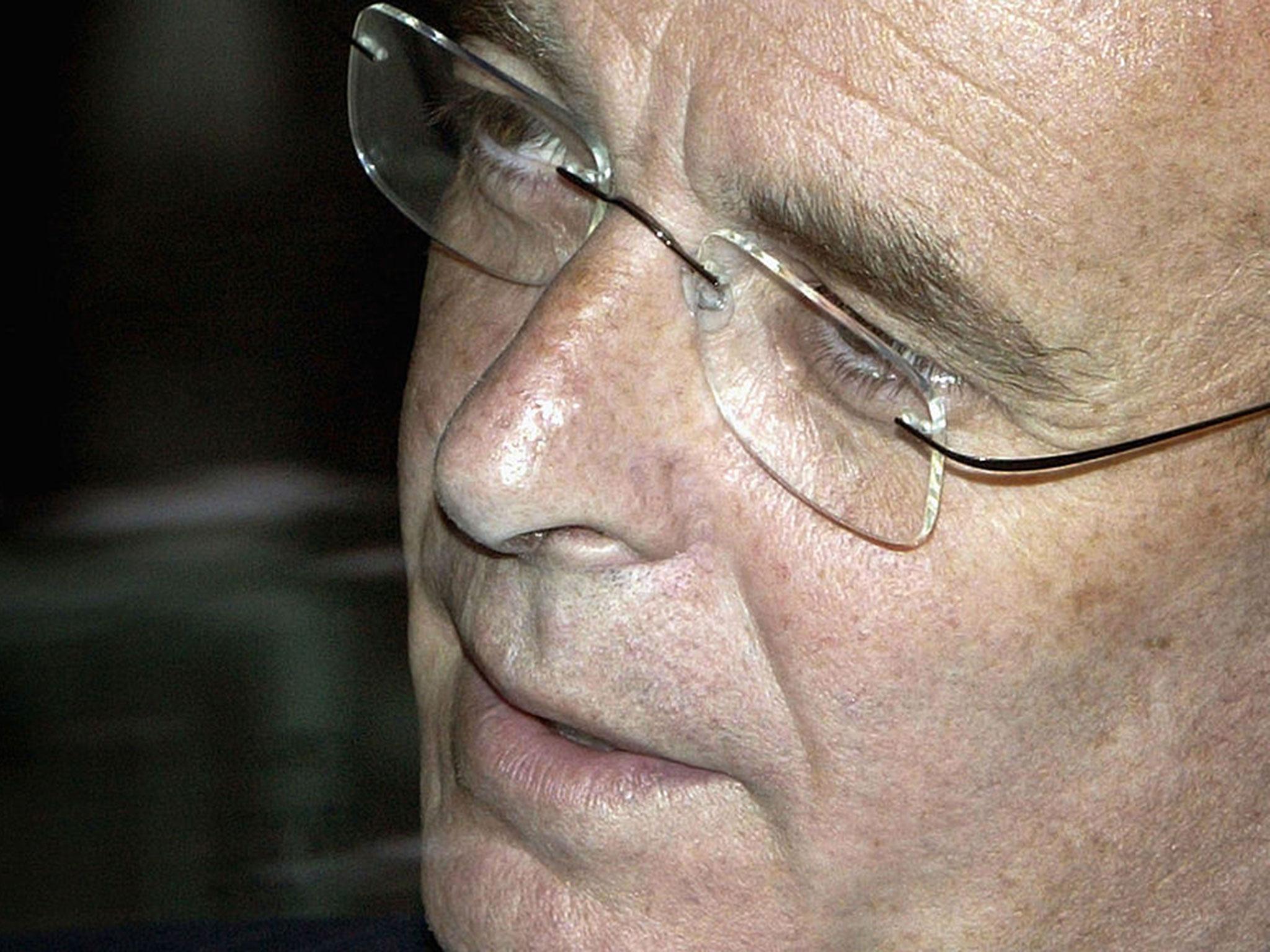
The former intelligence chief did not escape criticism from Chilcot. He seemed all too uncritical of Tony Blair’s messianic certainty that Iraq had weapons of mass destruction. When he left MI6 in October 2009, he soon picked up highly paid positions with the accountants PricewaterhouseCoopers, the US bank Morgan Stanley, and the security firm Chertoff.
Peter Goldsmith
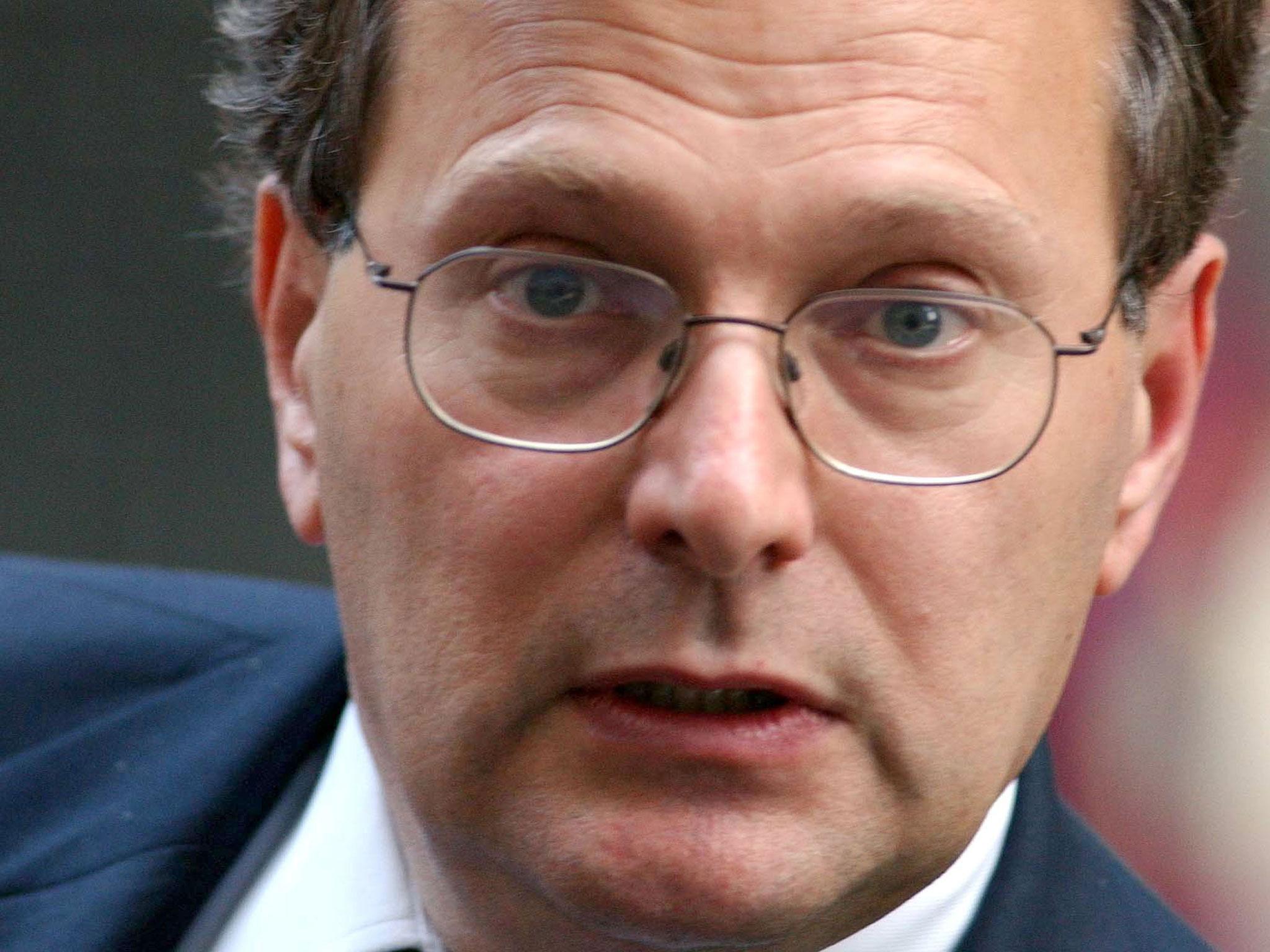
The Chilcot Report does not solve the mystery of why the former Attorney General, Lord Goldsmith, changed his advice on the legality of the Iraq War at the 11th hour. He quit the government in June 2007 and returned to practising law, and is currently in charge of European and Asian litigation for the law firm Debevoise and Plimpton. One of his jobs was advising the former President of Mongolia, Nambaryn Enkhbayer, who was accused of corruption.
Donald Rumsfeld
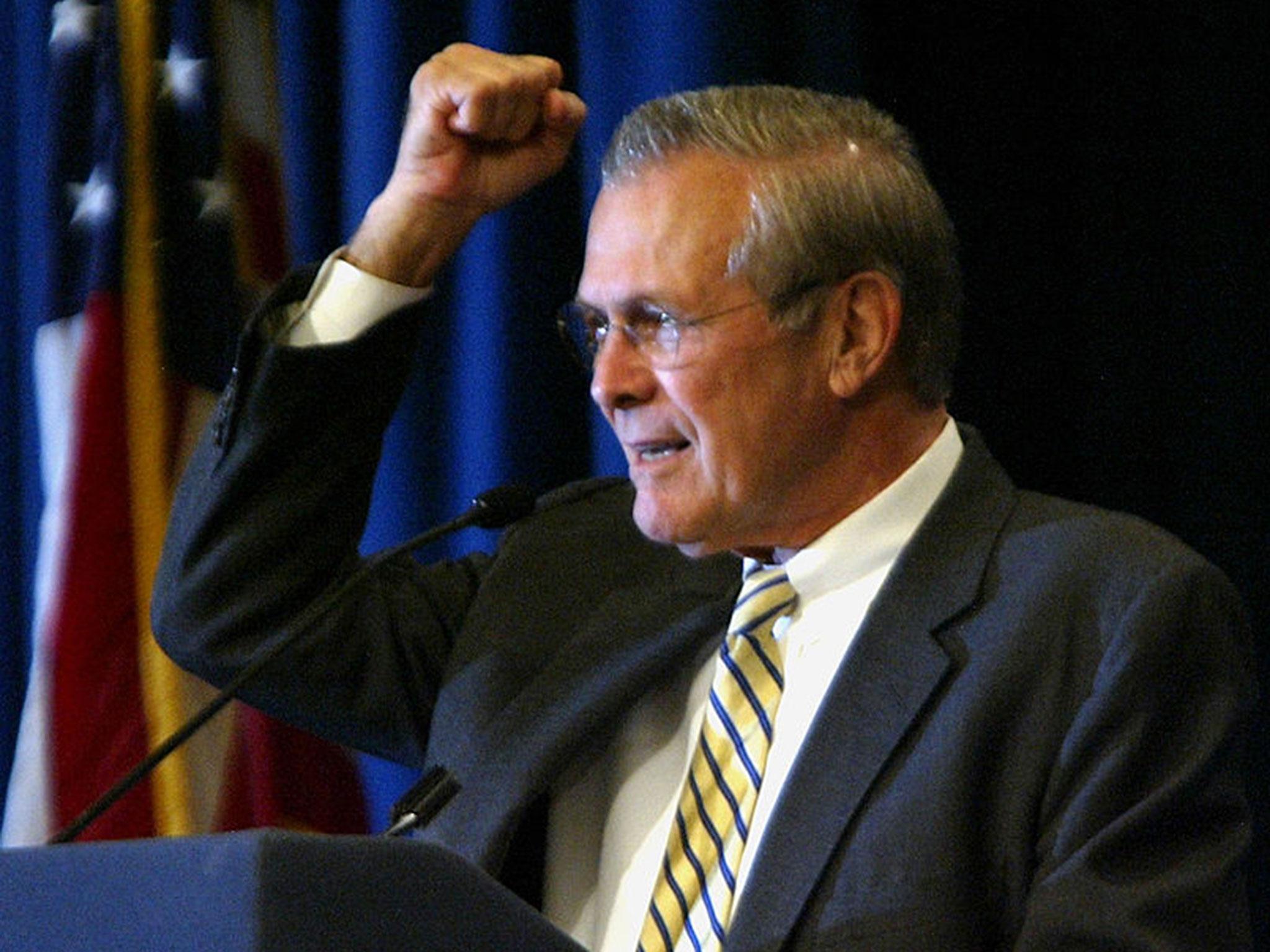
The US Defence Secretary – under Gerald Ford in the 1970s and under George W Bush – was determined that the US would invade Iraq and overthrow Saddam Hussein, and had little patience with Tony Blair's pleas that they at least try to get authorisation from the United Nations. He resigned in 2006, under heavy criticism for his handling of the war, and founded an educational foundation. He was back in the news in June as an enthusiastic supporter of Donald Trump.
Condoleezza Rice
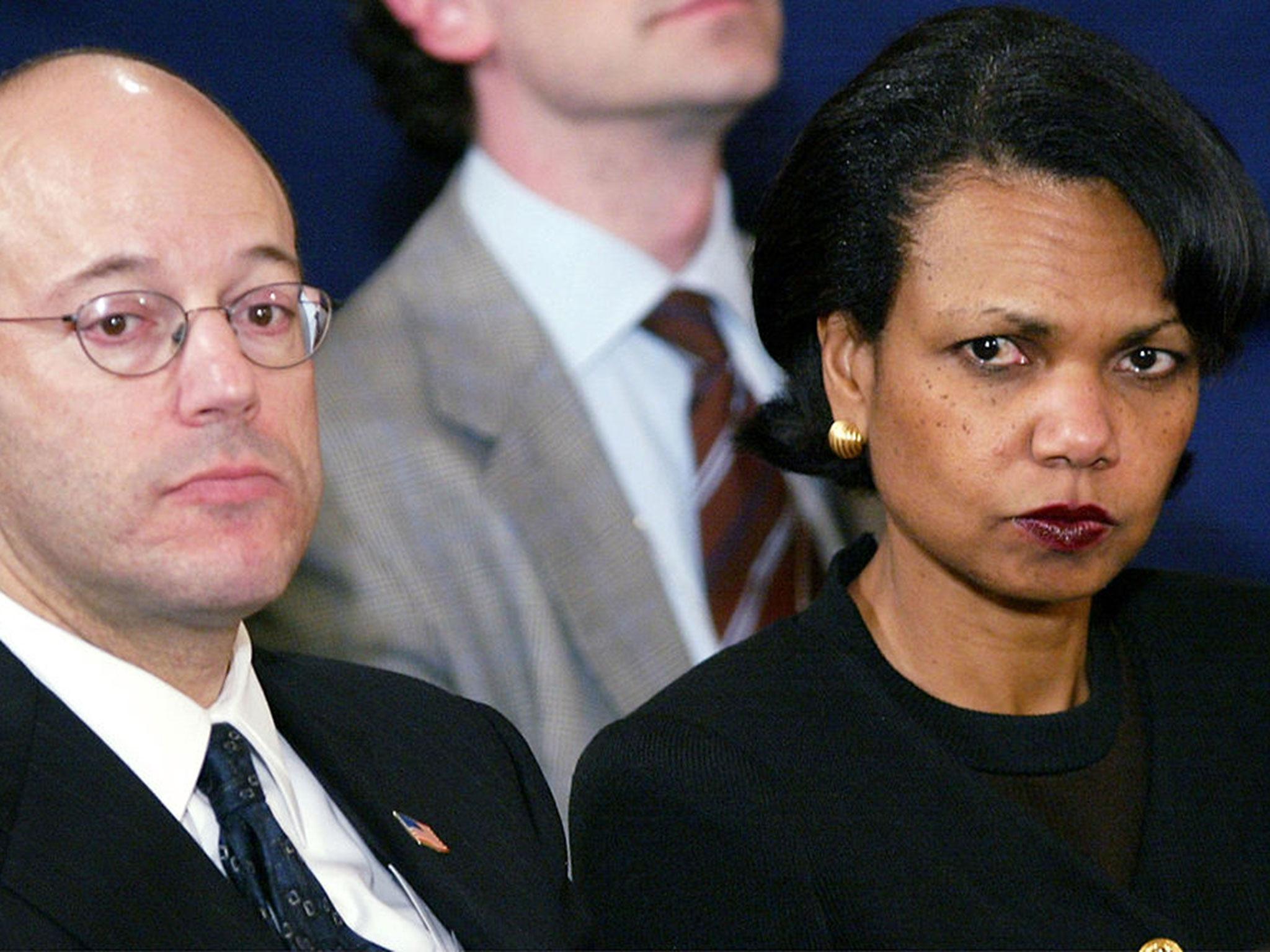
As George Bush’s security adviser at the time of the Iraq War, and later as Secretary of State, she was arguably the most powerful woman in the world. Now a professor at Stanford University, she was approached to run against Donald Trump for the Republican nomination but chose not to.
Colin Powell
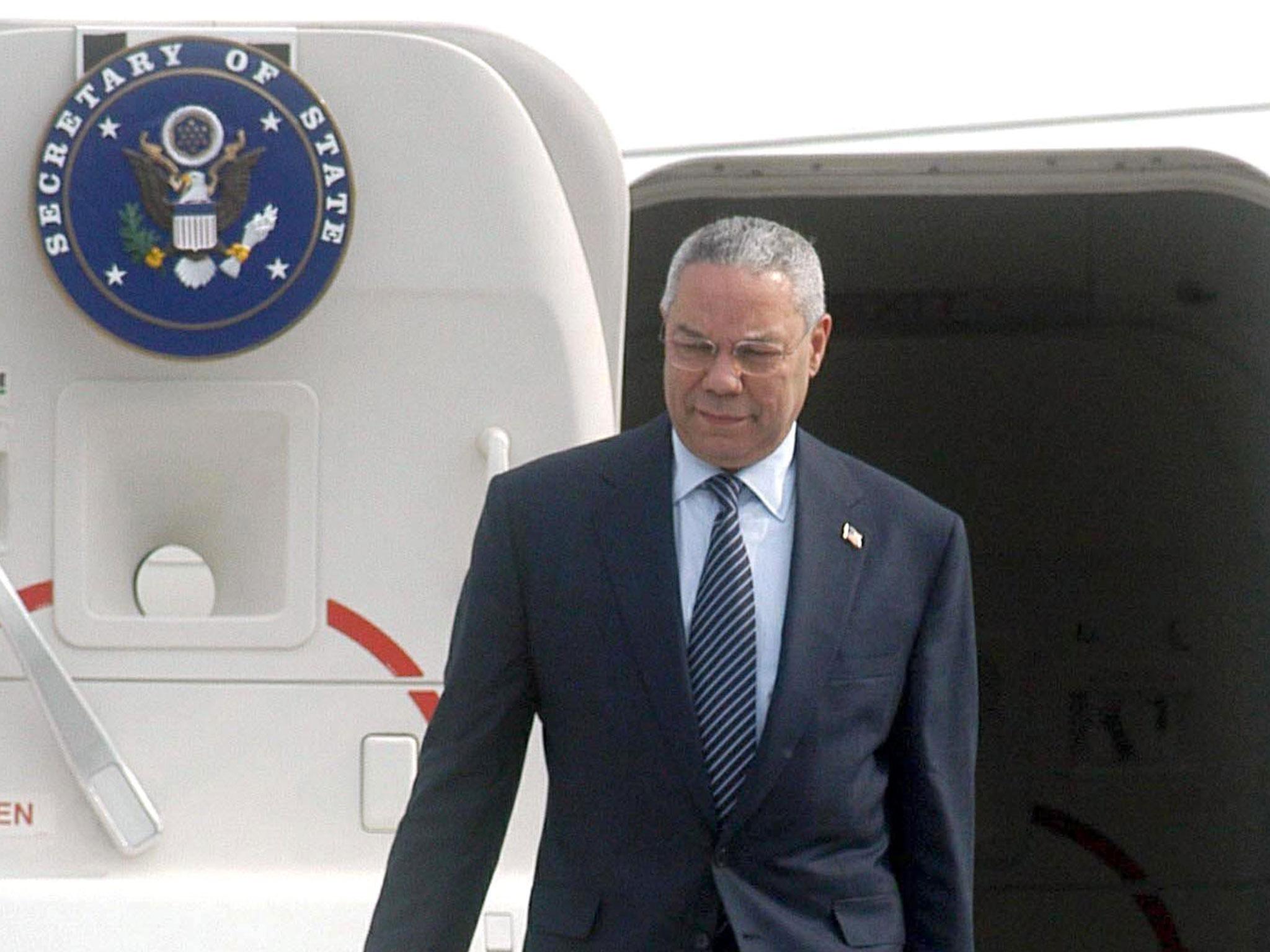
General Powell, who pronounces his first name to rhyme with rollin’, was Secretary of State and the voice of sanity in the Bush administration, who tried to talk the President out of going to war in Iraq, but supported him when the decision was made. In retirement, he has been very critical of Mr Bush.
Tommy Franks
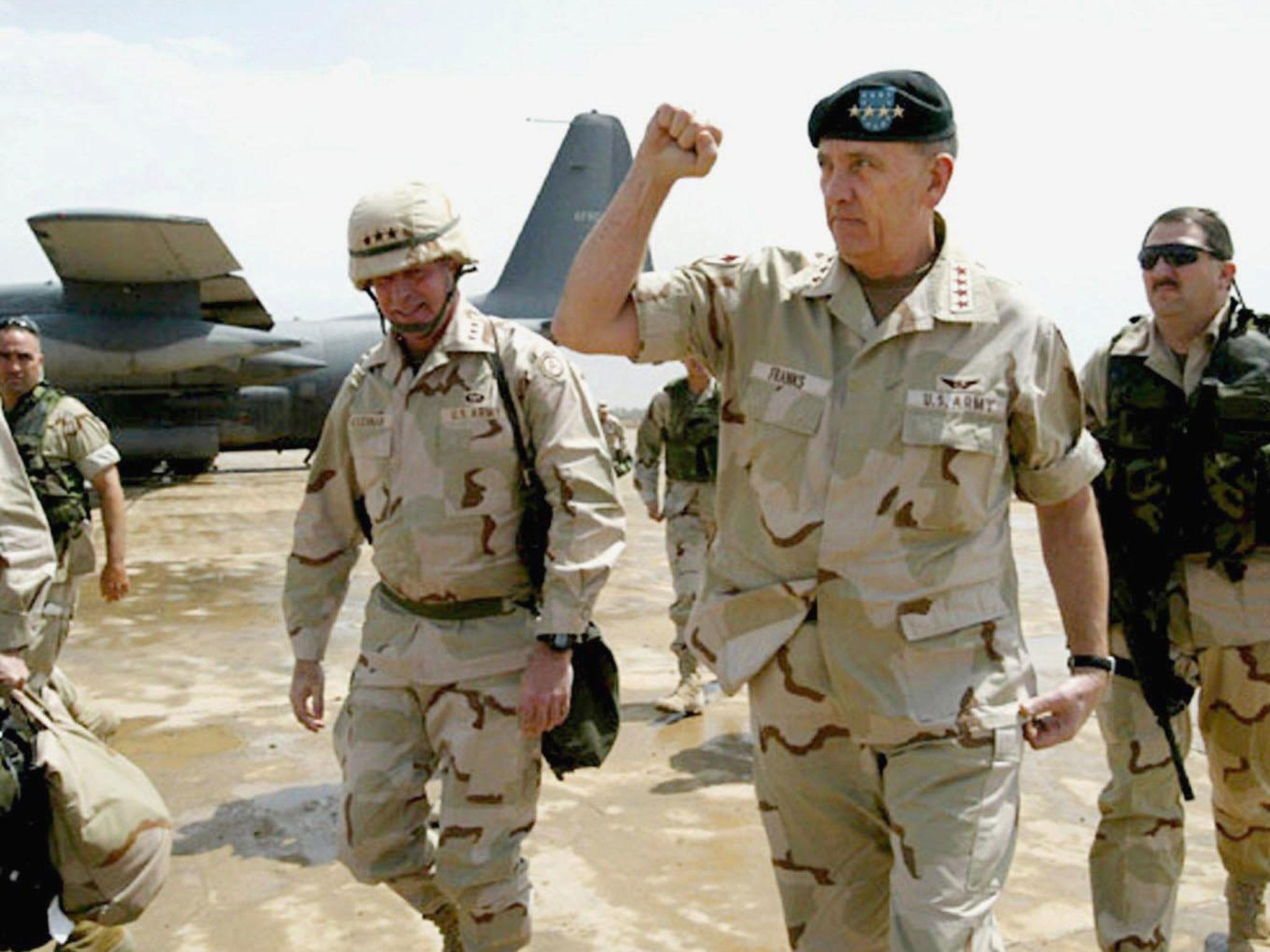
The General who commanded the US invasion force retired only two months later, wrote a best-selling memoir, and travelled the world as a speaker.
Dick Cheney
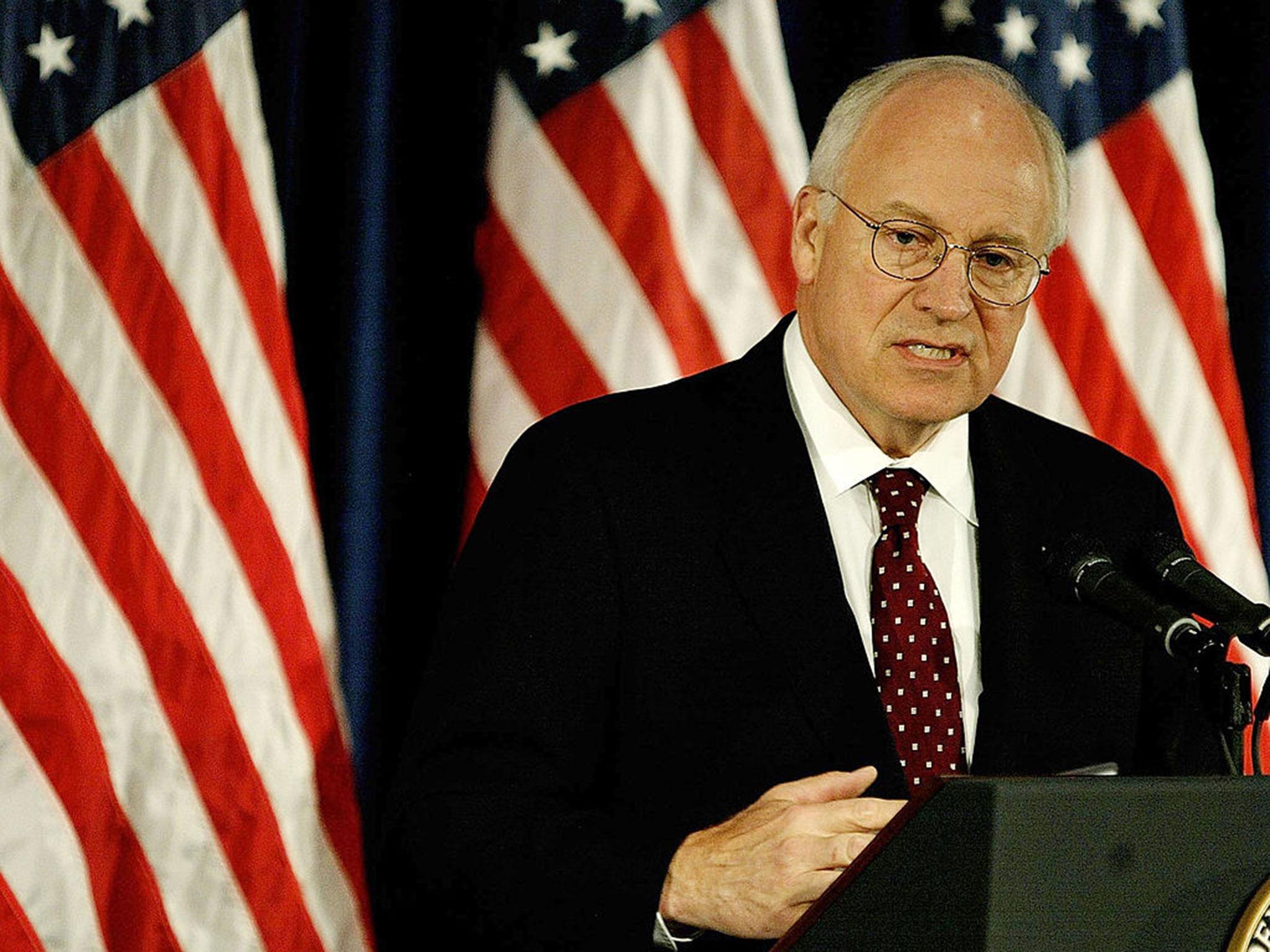
George Bush’s vice president and alter ego was one of the hardliners who pushed him into invading Iraq. Since 2009, he has constantly turned up on television as a critic of Barack Obama. In May, he was one of the first Republican grandees to declare his support for Donald Trump.
Paul Bremer
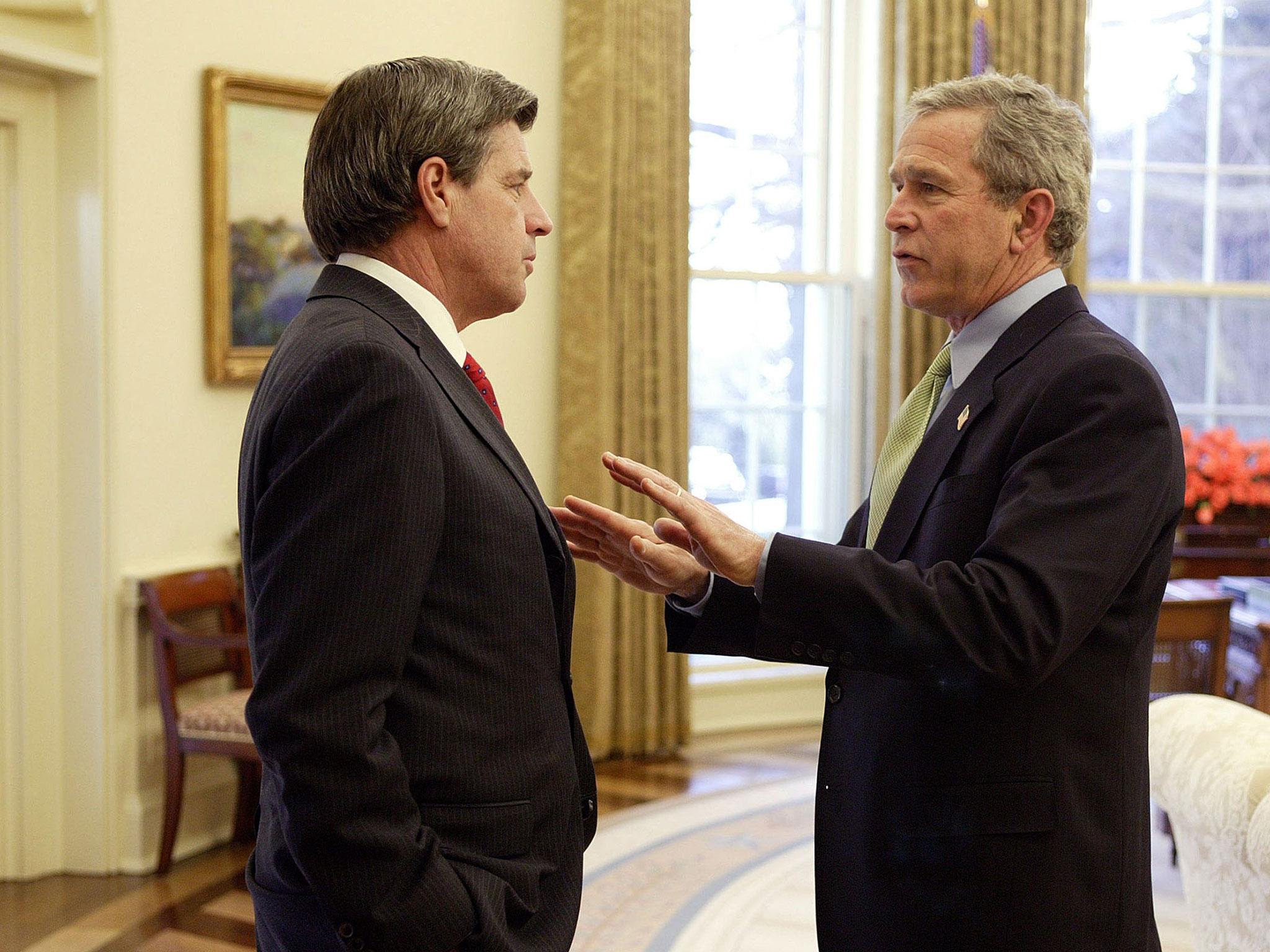
He was the diplomat appointed to run the Coalition Provisional Authority in Iraq in 2003. He ruled Iraq from May 2003 to June 2004, and made the highly controversial decision to disband the Iraqi army. Since 2004, he has earned money as a speaker, writer, consultant and company director. He is also an artist.
Hans Blix
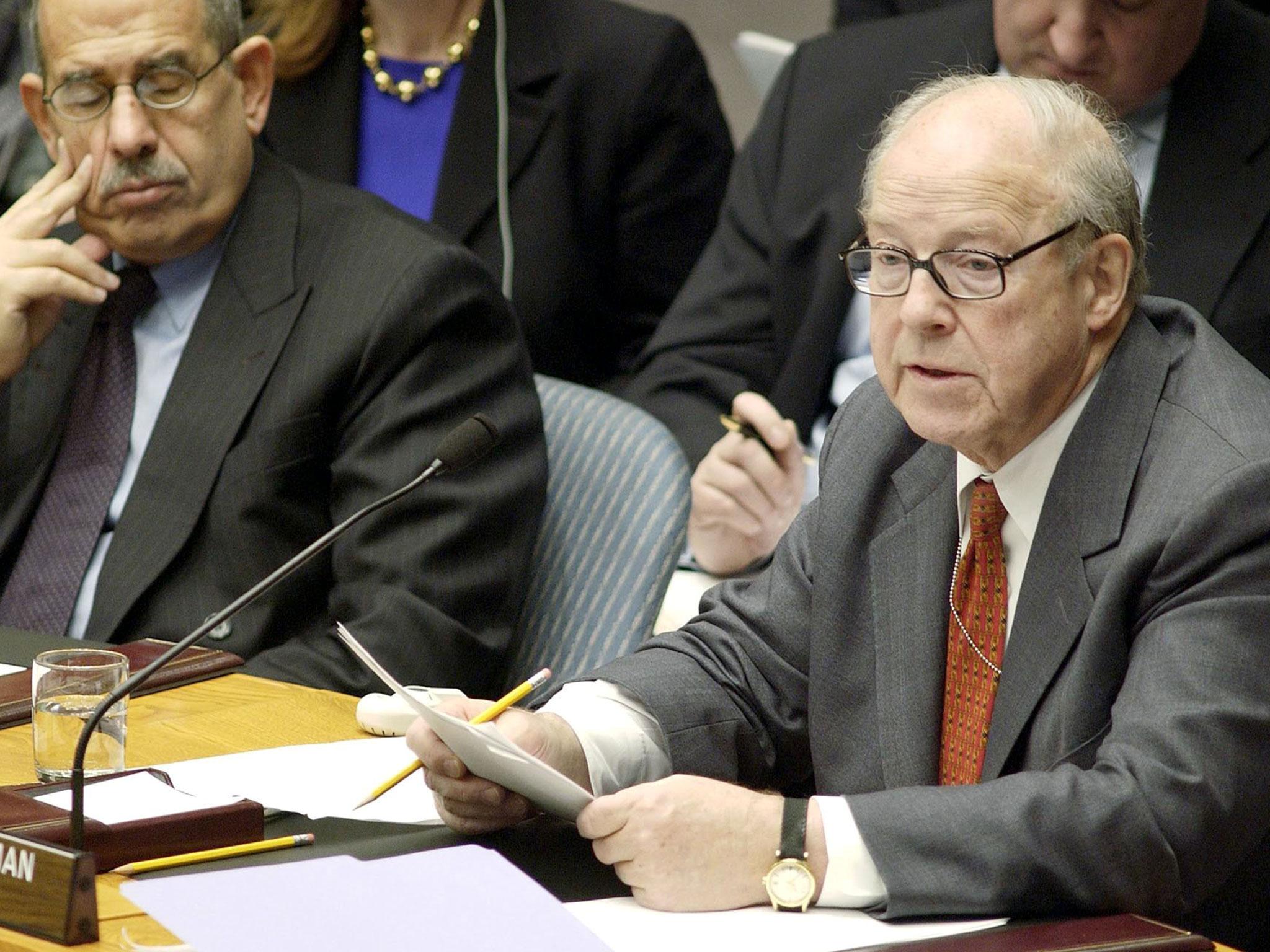
The Swedish diplomat was in charge of the UN team looking for weapons of mass destruction before the Iraq war, who annoyed George Bush and Tony Blair by not finding them. He has since campaigned for peace and disarmament. In 2010, he was appointed head of the International Advisory Board of the United Arab Emirates nuclear energy industry.
Subscribe to Independent Premium to bookmark this article
Want to bookmark your favourite articles and stories to read or reference later? Start your Independent Premium subscription today.
Join our commenting forum
Join thought-provoking conversations, follow other Independent readers and see their replies
Comments